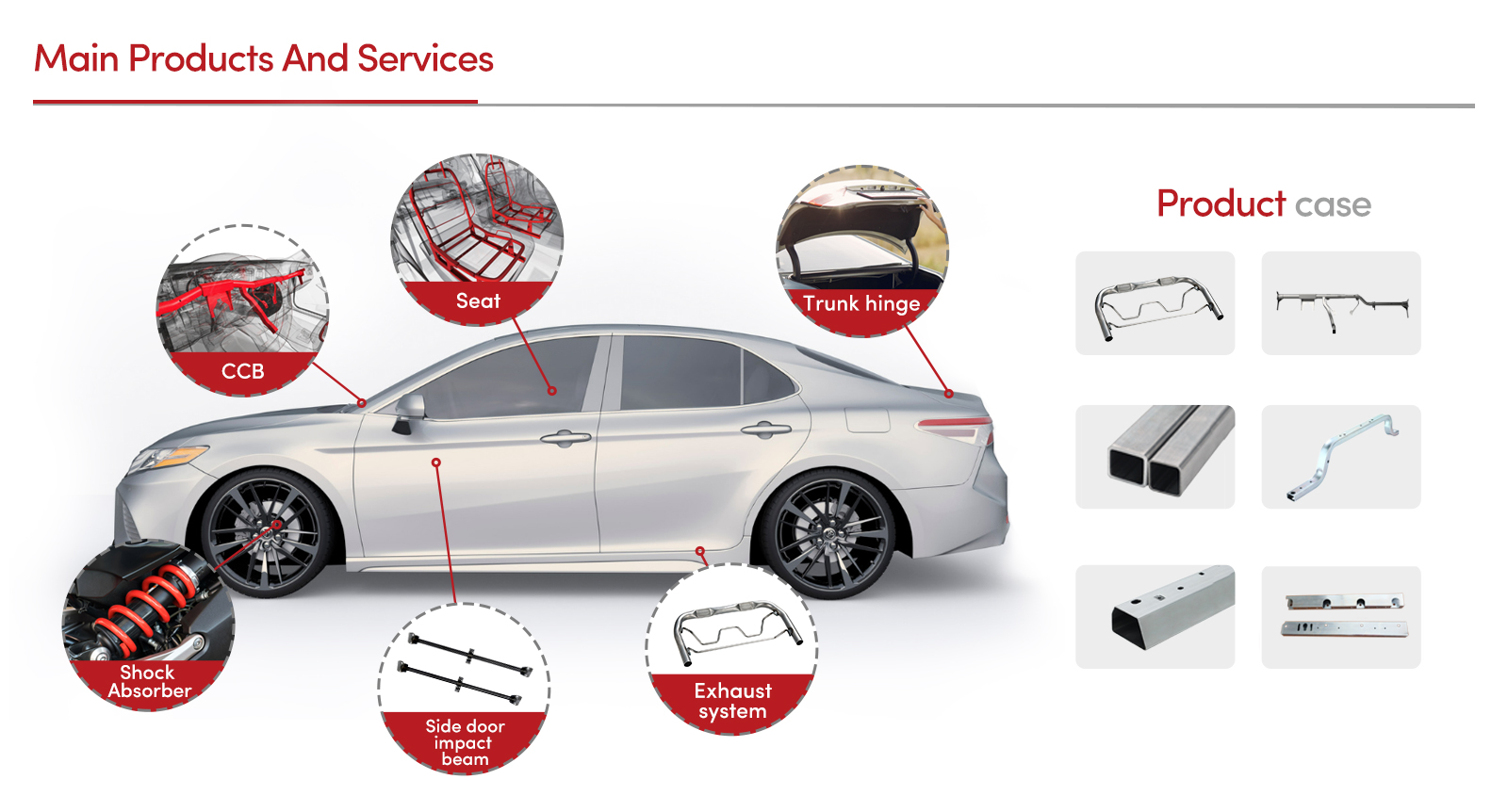
Understanding Heavy Truck Parts Essential Components for Optimal Performance
Heavy trucks are the backbone of the transportation industry, playing a crucial role in the movement of goods across vast distances. To ensure their efficiency and reliability, understanding the critical components that make up heavy truck parts is essential. This article delves into the significance of these parts and their impact on the overall performance of heavy trucks.
1. Engine and Transmission Systems
At the heart of every heavy truck is its engine, often a diesel powertrain designed for heavy-duty tasks. The engine’s role is to convert fuel into mechanical energy, which propels the vehicle forward. Key components include the turbocharger, fuel injectors, and exhaust systems, all of which contribute to power output and efficiency. Meanwhile, the transmission system, which includes both manual and automatic options, is crucial for managing the torque produced by the engine and ensuring it reaches the wheels effectively. A well-functioning engine and transmission can enhance fuel efficiency, reduce emissions, and improve overall performance.
2. Braking Systems
Safety is paramount in heavy truck operations, making the braking system one of the most critical components. Heavy trucks primarily utilize air brake systems, known for their reliability and effectiveness under high loads. The system includes brake drums, linings, and chambers that work together to provide the necessary stopping power. In recent years, advancements like anti-lock braking systems (ABS) and electronic braking systems (EBS) have improved safety and control, especially in adverse weather conditions.
3. Suspension Systems

The suspension system in heavy trucks is vital for maintaining stability, comfort, and control during transport. Heavy trucks often employ leaf spring or air suspension systems, designed to handle substantial loads while providing a smooth ride. A well-maintained suspension system not only improves driving comfort but also extends the lifespan of other components by reducing the wear and tear associated with uneven road surfaces.
4. Fuel and Exhaust Systems
Fuel efficiency is a critical concern for truck operators, making the fuel system an essential area of focus. Components such as fuel pumps, filters, and tanks work together to ensure a steady supply of fuel to the engine. Efficient fuel systems contribute to optimal engine performance and lower emissions. The exhaust system, including components like the diesel particulate filter (DPF) and catalytic converter, plays a significant role in managing emissions and ensuring compliance with environmental regulations.
5. Electrical Systems
Modern heavy trucks rely heavily on electrical systems for operation. These systems control everything from the ignition and lighting to advanced technologies like GPS navigation and telematics. Maintaining the integrity of electrical components, including batteries, alternators, and wiring harnesses, is essential for preventing breakdowns and ensuring all systems function correctly.
Conclusion
In conclusion, understanding heavy truck parts is crucial for anyone involved in the transportation industry, from operators to mechanics. Each component, from the engine to the electrical systems, plays a vital role in ensuring the truck runs efficiently and safely. Regular maintenance and timely replacements of these parts not only enhance performance but also prolong the life of the vehicle, ultimately leading to greater productivity and reduced operational costs. As technology continues to evolve, staying informed about heavy truck parts will be essential for optimizing performance in this ever-changing industry.